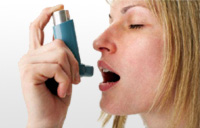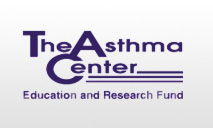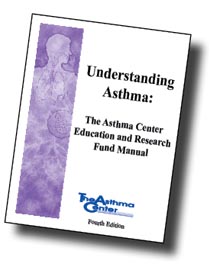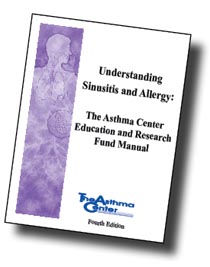Can my asthma improve without treatment?
During childhood, it is possible for mild asthma to resolve without treatment. However if you were untreated in your youth, you may develop chronic asthma as an adult. This does not mean that appropriate treatment will cure asthma or prevent severe asthmatic symptoms in every case. However it will usually limit the development of severe asthma and allow you to lead a more functional life. In contrast, poorly controlled asthma may lead to permanent pulmonary damage resulting in lifelong chronic asthmatic symptoms.
When you begin to wheeze severely and do not receive appropriate medical care immediately, you potentially face a severe, unresponsive asthma attack. In such a situation, your wheezing and shortness of breath are unresponsive to commonly used medications. In this case, you will need to begin a special intensive treatment program. If these intensive methods are not effective or a complication occurs, death is possible.
Although this rarely occurs today, there are about 5,000 cases of deaths due to asthma reported each year in the United States. Carefully analyzing an asthmatic individual's death often reveals that the severity of the asthmatic attack was not recognized early enough. Other associated factors include: seeking help too late; life saving corticosteroids being withheld or given too late; a complication of asthma not identified in time; an inappropriate medication or dose of medication being administered; a severe allergic exposure occurring; or not expertly managing a complicated severe asthmatic episode. However sometimes appropriate therapy is given in time, but uncontrollable factors play a role in fatal outcomes of severe asthma.



